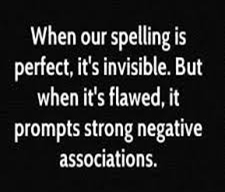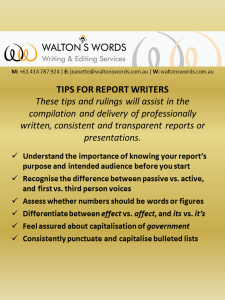 Just about all of us sometime in our lives will have to take on the role of report writer. Whether it’s a course prerequisite, to achieve industry recognition or to fulfil a customer agreement, writing and delivering a professionally written, informative report can feel like a daunting assignment. It can be particularly overwhelming getting started.
Just about all of us sometime in our lives will have to take on the role of report writer. Whether it’s a course prerequisite, to achieve industry recognition or to fulfil a customer agreement, writing and delivering a professionally written, informative report can feel like a daunting assignment. It can be particularly overwhelming getting started.
But if we break the report writing process down into step-by-step segments, that common sense of fear and doubt is likely to dissipate. Most of us will feel more certain about our report writing abilities if we adhere to the following.
1. Report write with a purpose.
From the onset it’s essential to know why you’re writing the report and who you’re writing it for. For instance, is it to inform and educate, is it to add value to previous findings, and is it about the present or the past? In addition, is your audience mostly going to consist of industry experts or are you aiming to reach a more general readership.
- Your audience will influence your writing tone – avoid convoluted industry terms as relevant.
2. Gather and plan before report writing.
Collate the necessary information from both your own and external data*, and cull anything remotely superfluous before you start report writing. Most reports have an intro, a body and a conclusion; plan out your section headings to help navigate your audience. Most readers will expect to be able to easily pinpoint specific information in your report.
- Also decide on your report writing voice and tense at this stage.
3. Stay focused and be concise when report writing.
As you write, continually keep in mind your reason for this report as well as your chosen audience. Irrespective of the readership type, most of us have a short attention span, so keep your writing succinct and relevant.
- Don’t write just for the sake of it – each word and every sentence should matter.
4. Break up your report writing.
To avoid reader boredom, it’s often beneficial to include graphics, bulleted lists, etc. in a report. For instance, if you have a large amount of data relating to a specific topic, consider showing the results in a chart or table. You could also format long lists of items into bulleted or numbered lists, and any insightful quotations into break-out boxes.
- Just be careful not to distract the reader from your report’s main messages.
5. Summarise your report background and findings.
Even though your exec summary will likely be the first report section read, don’t write it until the rest is done. As a final stage, analyse your report’s body to draw out findings that address your purpose. The exec summary should provide an informative snapshot of what the report’s about, encouraging readers to read on.
- Isolate and encapsulate your report’s main purpose and findings in the exec summary.
6. Edit your report writing, and edit again.
Most writers know how invisible typos and other errors can seem when continually working on the same document. It’s therefore essential that you put your report aside for at least a night before doing a thorough review. Go through this process at least twice, and also consider employing a second set of eyes to potentially pick up anything you’ve missed.
- An unnecessary typo or misspelt word can negatively impact your report’s validity.
*It’s common courtesy to reference external sources, so keep track of other authors’ details as you decide on your external information.
__________________________________________________________________
 Here at Walton’s Words we’ve been editing and assisting in the writing of reports for many years. We understand the essentiality of a well-structured, professionally written report if it’s going to positively influence readers. In addition to providing writing and editing services in this area, we’re now selling our Tips for Report Writers mini style guide, which provides further information and guidance. Also feel free to drop us a line or give us a call if you’d like to discuss your report writing needs further.
Here at Walton’s Words we’ve been editing and assisting in the writing of reports for many years. We understand the essentiality of a well-structured, professionally written report if it’s going to positively influence readers. In addition to providing writing and editing services in this area, we’re now selling our Tips for Report Writers mini style guide, which provides further information and guidance. Also feel free to drop us a line or give us a call if you’d like to discuss your report writing needs further.



